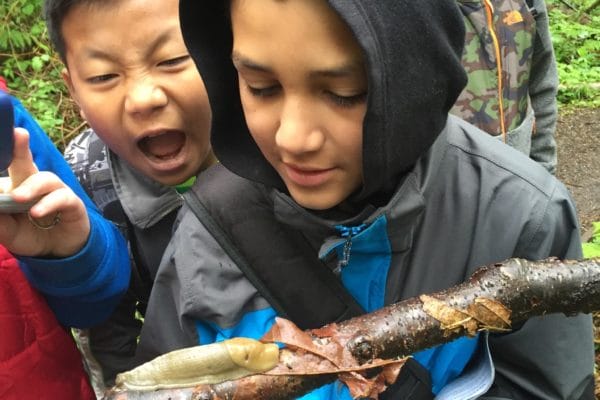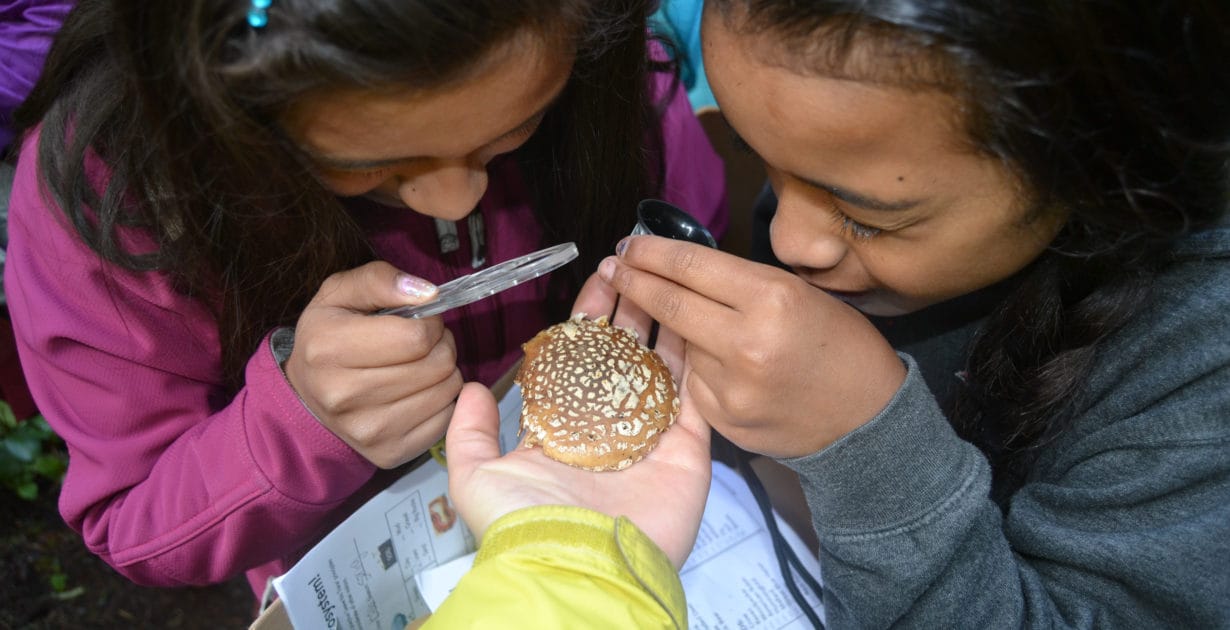Ditch Textbooks, Throw on Lab Coats
We live in a world that is constantly changing; constantly forcing us to advance our understanding of it in order to advance our societies. With desperate need for technological advancements and threats as deadly as global warming, learning to understand and acknowledge science has never been more important. And like most everything, it starts with our youth.
Today, most kids are introduced to different aspects of science in elementary school. They spend their class time making paper mache volcanoes and model solar systems, visiting national parks and science museums, and watching quirky science education movies. Ask the average 8-year-old how they feel about science, and they will most likely bring up the fact that it’s fun.
But when students make the transition from elementary to middle and high school, that fun aspect tends to fade away. They are bombarded with homework, textbook memorization, and standardized tests. Ask that same kid, now 14 years old, their opinion of science, and you will probably hear that it’s either boring or difficult — often both.
What leaves this distaste for science in students’ mouths? It’s a smoothie consisting of many ingredients, including lack of exposure, poor curriculum, and standardization.
In secondary education especially, science becomes so conflated with memorizing facts out of a textbook. This isn’t necessarily the educators’ fault, as they are just preparing students for standardized tests which focus on the same thing. While it isn’t necessarily a bad thing to have expectations and standards for students to meet, this excessive focus on memorization takes away from what could be considered the most important pieces of science: investigation and critical thinking.
Gibson Ek advisor and former environmental engineer Andy McDonald aims to emphasize the play aspect of science that is ever present in elementary school teaching with high school students as well. “I always found that the best part of science was the opportunity to explore,” he said.
Taking just that, the opportunity to explore, away from students (and no, reading from a textbook is not what we’re talking about here) is what turns so many of them away from the subject.
Some might argue that this isn’t necessarily a problem. Some kids don’t like science, so what?
Becca Kedenburg, education director for the Mountains to Sound Greenway Trust, provided an excellent explanation: “When a person understands how something works… They’re going to care about it.”
Whether this involves better understanding our local ecosystems or learning how to code, this is important. Learning about our environment encourages kids to grow up and take care of it. A student who learned to code may go on to advance our technology.
So we understand why science education is so important, and why older students are often deterred from it, but what can we do to shift this system that has been so ingrained into educators’ minds and methods?
Emphasize the vastness. Explain to students that science is everywhere, not just in a petri dish or under a microscope. Let students explore their own interests in science; they are much more inclined to learn something if they’re interested in it.
Make connections. Connect school teachings with things students interact with in real life. When students make these connections, the information is given meaning, and they much better absorb it.
Spotlight investigation. Students are so bombarded with textbooks to read and facts to memorize that they often ignore the entire investigative process. Encourage critical thinking and experimentation, as most students will remember concepts if they see them happening in front of them.
And, perhaps most importantly…

Make it fun. Students are especially engaged when they are enjoying themselves. Keep that play aspect of early science education throughout schooling. Hands on activities and field trips are great ways to ensure that students are learning AND having fun.
Fortunately, many educators are implanting these ideas into their teachings. “A shift I’ve seen recently is that there’s this new set of standards that, I think, encourage teachers to be more creative and put more of the ownership of how students are going to learn into the hands of the students,” said Becca.
We are fortunate at Gibson Ek to have an advisor who also advocates for this type of teaching. Andy explained that he always tries to make science as fun as possible, especially for students who may be hesitant to explore the subject. “At the end of the day, the more you’re laughing and smiling and the more you have positive emotions associated with an activity… The more likely you are to do it again.”
Zoe McClain is a student writer for the Gibson Gazette and former Greenway Education Program intern.





